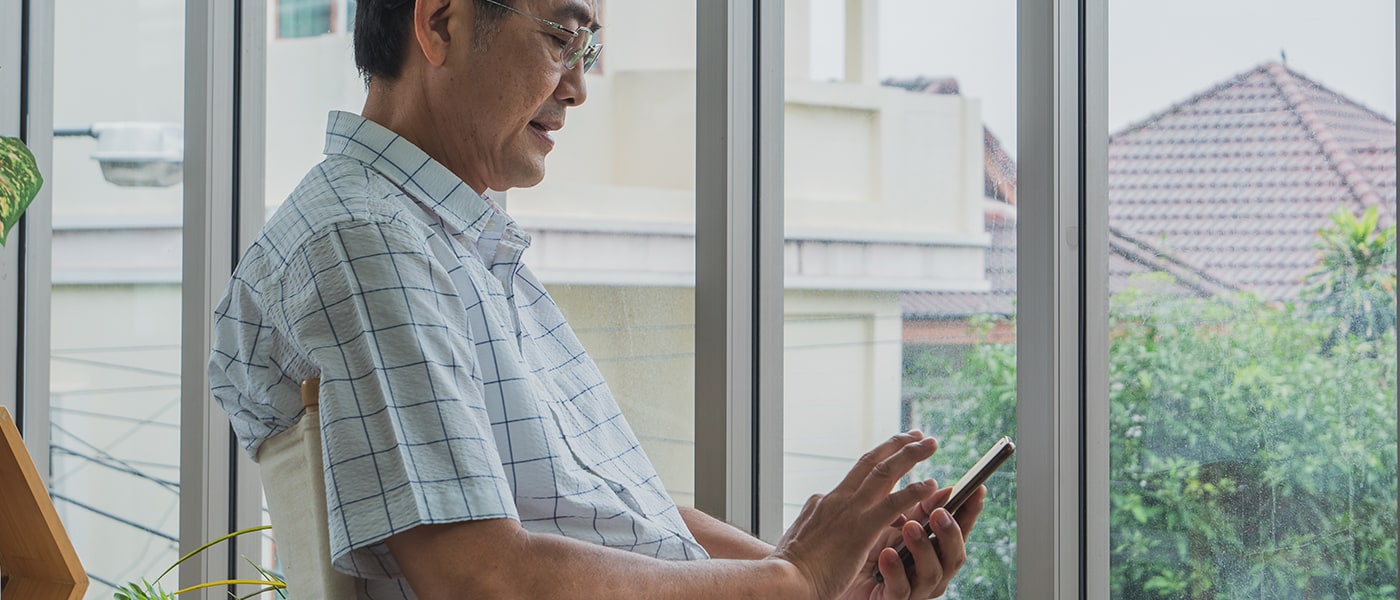Abstract
Using scientific journals, I will discuss the effectiveness of an online food diary to self-monitor caloric consumption to aid in weight loss. Weight loss and weight maintenance have become increasingly more important in the lives of Americans, as nearly 33% of the adult population is obese. Self-monitoring has proven to be an effective behavior that increases weight loss.
This behavior can be easily learned and enforced by using an internet-based application. Participants who logged their meals at least twice daily found more success in self-monitoring than those who never logged their food consumption. From these findings, it was confirmed that using an internet-based food diary reinforces self-monitoring behavior, which leads to weight loss.
Many individuals have the desire to lose weight to achieve a healthier lifestyle and decrease the risk of diseases. Commercial weight-loss programs are available and easily accessible over the internet and have platforms that can be accessed on a computer, tablet, or smartphone. There are many applications to track weight loss goals. The common behavior each individual possesses when using a weight loss tracking app and keeping a food diary is self-monitoring.
Self-monitoring is effective because it increases awareness and brings attention to the circumstances that precipitate or surround the behavior. Research has shown that the act of self-monitoring of weight has long been recognized as an important tool for weight control, and keeping diary records of diet, exercise, or weight is associated with successful losing weight and maintaining a healthy Body Mass Index (BMI) (The Effect of Electronic Self-Monitoring). The act of self-monitoring is a valuable tool in weight loss which has been made easy by using a computer, and internet-based applications, especially since our society is always on the go with a smartphone in hand.
Research into the mechanisms of operation and effectiveness of these commercial programs has been limited, with many popular approaches used by large numbers of customers worldwide having had little scientific evaluation. However, where research has been carried out, the results have been broadly positive, indicating that commercial programs can be successful in assisting with weight control while meeting users’ nutritional needs.
Challenges faced by the individual include motivation to subscribe to a self-monitoring service, using the service consistently, and accurately logging in to diet and exercise. Challenges faced by health professionals are to get the person to use the self-monitoring service rather than a service offered in the office, such as a physical support group or lab testing. Also, to help the individual become aware that their weight is deteriorating their health and to retrain them with a balanced diet which includes portion control and eating proper meals with the right amount of macros and nutrients.
The technology of my choice is the use of an online subscription to a self-monitoring platform for weight loss. One of the applications is called Nutracheck. An individual subscribes to an online service that allows them to monitor their diet and exercise and tracks data to obtain their goal weight. It has been suggested that self-monitoring operates by bringing attention to focus on the desired results of weight loss. The results presented in the studies support this view, suggesting that the frequency of performing simple diet and exercise monitoring behavior can facilitate weight loss.
In 2008 Duke University Medical Center conducted an experiment that was published in the American Journal of Preventive Medicine called “Keeping a Food Diary Doubles Weight Loss Result” The study concluded that those who tracked their food lost twice as much weight as those who did not. “Those who kept daily food records lost twice as much weight as those who kept no records,” said Jack Hollis, Ph.D., of Kaiser Permanente Center for Health Research in Portland, Ore. “It seems that the simple act of writing down what you eat encourages people to consume fewer calories.” Applications are most effective when the food is logged every time it is eaten and every day. The act of self-monitoring was more effective in men than in women and more effective in individuals who also exercised daily.
In the second scientific journal,
“The association between weight loss and engagement with a web-based food and exercise diary in a commercial weight loss program: a retrospective analysis”
which was conducted by Cancer Research UK at University College London, also showed that those who practiced self-monitored using an internet-based application had weight loss results. The subjects subscribed to an online service, Nutracheck that logs their food and exercise. The subject in the study registers online and enters personal information about height, weight, activity levels, and the desired amount and speed of weight loss. The system then sets a personal daily calorie target and adjusts to their physical activity level. Subscribers are also given access to an online-based community for support. Effective at aiding in weight loss, self-monitoring brings awareness and added attention to weight loss goals. They found that self-monitoring was most effective when used daily with exercise and the use of a support community.
The goal of teaching self-monitor is that the person will learn to use the tool to provide information and will use the information to correct themselves with overeating, smoking, drinking, etc. Many people have access to the internet and computers on the go which makes it easier than using pen and paper to log in. The applications also calculate calories and nutrition information, which is simpler than looking at food labels. Self-monitoring is an effective behavior aided by the use of a computer application because self-monitoring brings more awareness to the individual and allows them to take a proactive approach to their health
Here at American Male Wellness, our medical director, Dr. Graham Simpson, has developed a smart application for all our patients using his Reversing Diabesity protocol. Eternity A.I. is available in the iTunes and Google Play Store and features health monitoring, customized meal planning, and weight loss coaching.
